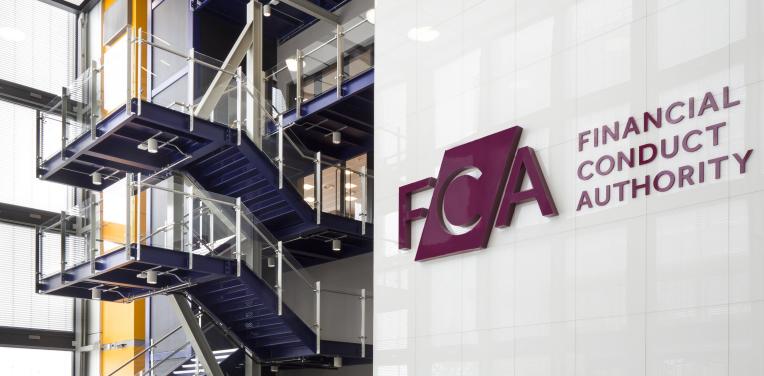Following a government review, the U.K.’s financial services regulator will instructed to regulate the buy now, pay later industry made popular by companies such as Klarna, and AfterPay (known as Clearpay in the U.K.).
A further consultation with the industry is underway and then, when parliamentary time allows, new laws regulating buy now, pay later will be passed.
This will see the Financial Conduct Authority (FCA) asked to bring in stricter controls for interest-free buy now, pay later agreements, including firms being asked to undertake more comprehensive affordability checks before lending, and ensuring customers are treated fairly, “particularly those who are vulnerable or struggling with repayments”. Until now, because the industry has been unregulated since it falls outside of other interest-bearing credit products, such as credit cards, consumers have been left with little formal recourse when things go wrong.
“Many consumers do not view interest-free buy-now-pay-later as a form of credit, so do not apply the same level of scrutiny, and checks undertaken by providers tend to focus on the risk for the firm rather than how affordable it is for the customer,” says the U.K. Treasury.
The review, undertaken by the FCA’s Christopher Woolar, also rightfully highlights the issue of credit checks and the lack of visibility between lenders. “Although the average transaction tends to be relatively low, shoppers can take out multiple agreements with different providers – and the Review finds it would be relatively easy to accrue around £1,000 of debt that credit reference agencies and mainstream lenders cannot see,” notes the Treasury.
The review also estimates that buy now, pay later in the U.K. is worth £2.7 billion ($3.7 billion), with 5 million people USING buy now, pay later since the pandemic-induced boom in online shopping, with many already in arrears from other forms of credit.
Up until now, interest-free buy now, pay later offered by retailers has fallen outside of U.K. regulation designed to protect consumers from credit-based financial products, something Alice Tapper, a financial campaigner in the U.K. who last June started the #regulateBuyNowPayLater campaign, previously told me is “a classic case of regulation not keeping up with tech giants”.
“The consumer credit act, written back in the 1970s was not drafted with algorithms and split-second lending decisions in mind,” she explained. “What this means in practice is zero consumer protection. Consumers are given no information about risk at the point of purchase or in ads. No mention of debt collection or responsible spending. This is particularly concerning for young and vulnerable consumers, who may have no prior experience of using credit products.”
Meanwhile, Klarna, for example, has always maintained it isn’t against further regulation per se. The devil, of course, will be in the detail, which is still being worked out. “I think good regulation that’s written in a meaningful way could make sense,” Klarna CEO and co-founder Sebastian Siemiatkowski told me late last year. “We’re not against it at any point, as long as it makes sense, as long as it’s equal for all players in the market.”


Recent Comments